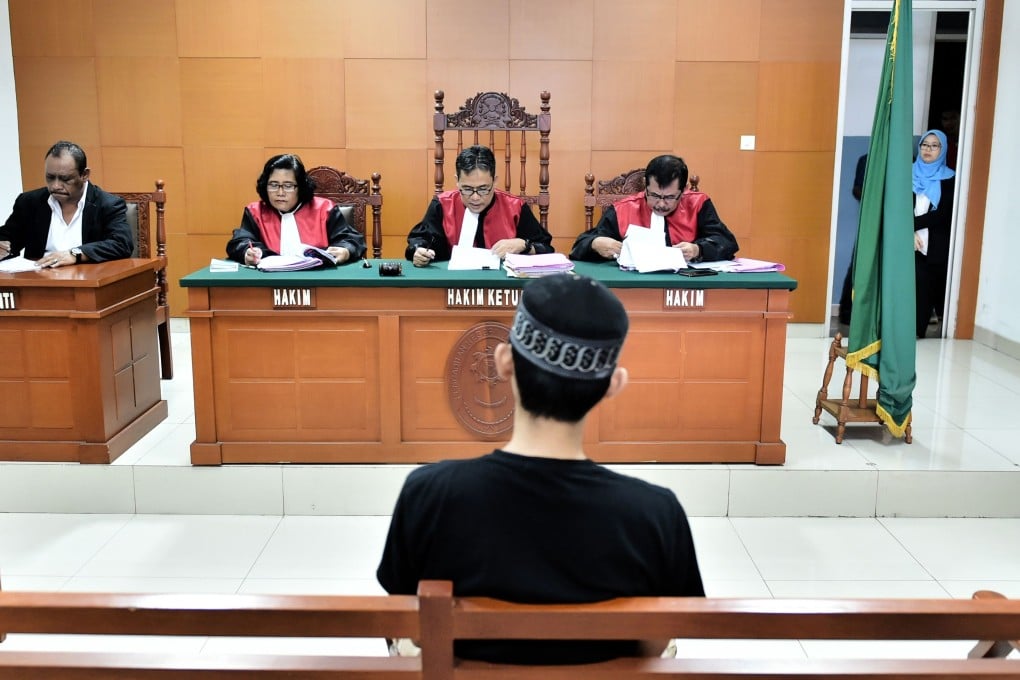Opinion | To reduce terrorism, Indonesia needs to use ‘credible voices’ of reformed extremists
- Islamist terrorism in Indonesia has deep roots, and the internet has enlarged the potential audience of violent extremism propaganda
- A national programme is needed, using mentors such as reformed terrorist Arif Tuban, who helped reintegrate a returned Isis fighter

Fortunately, there are solutions within grasp.
The roots are deeply ingrained. The militant struggle started in the 1940s when Darul Islam (House of Islam) fought for the creation of an Islamic state in Indonesia. At its height in the 1950s, Darul Islam was reputed to have control over vast swathes of territories in Aceh, South Sulawesi and West Java.
Although Darul Islam was neutralised in the 1960s, its offshoots and splinter groups, including the Jemaah Islamiah, have continued the struggle to this day. And the concept is still prevalent among some ordinary Indonesians. A Ministry of Defence study revealed that 23 per cent of high school and university students agree with the idea of an Islamic state or caliphate for the country.
These deep roots have been bolstered by the more recent arrival of hardline Salafi ideas from the Middle East. These beliefs have challenged and undermined syncretic indigenous practices that have long contributed to the development of a pluralistic culture and religious tolerance in Indonesia.
